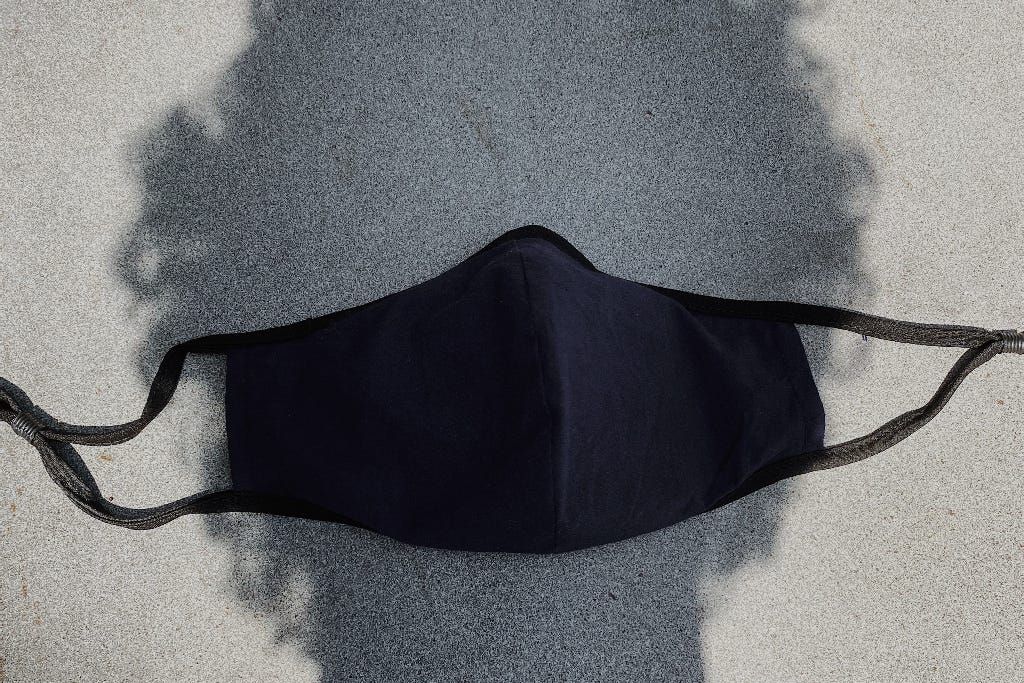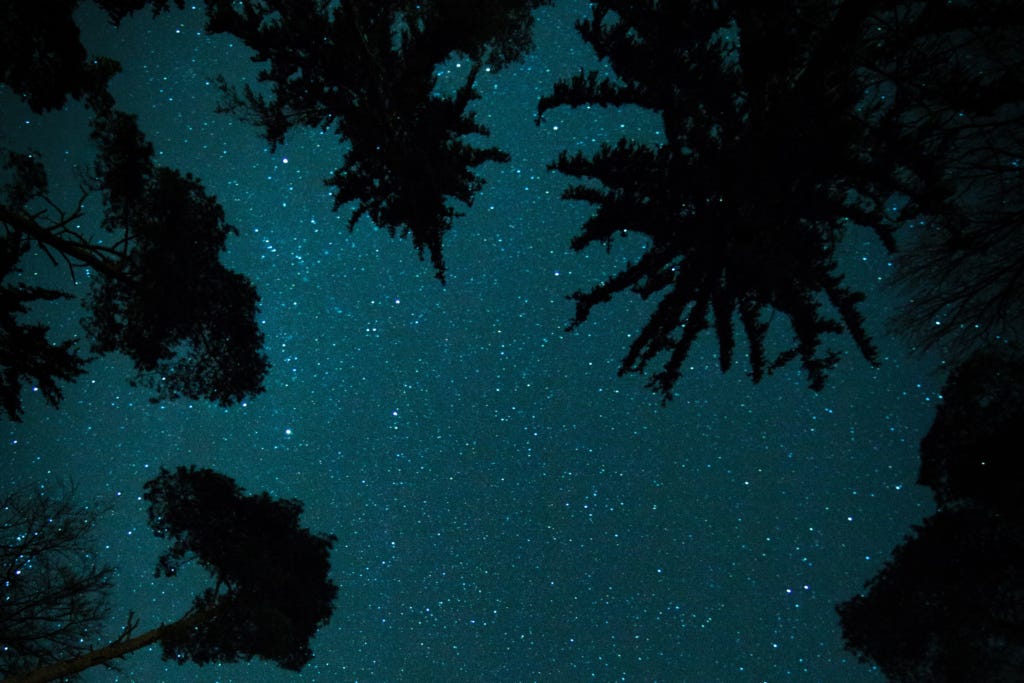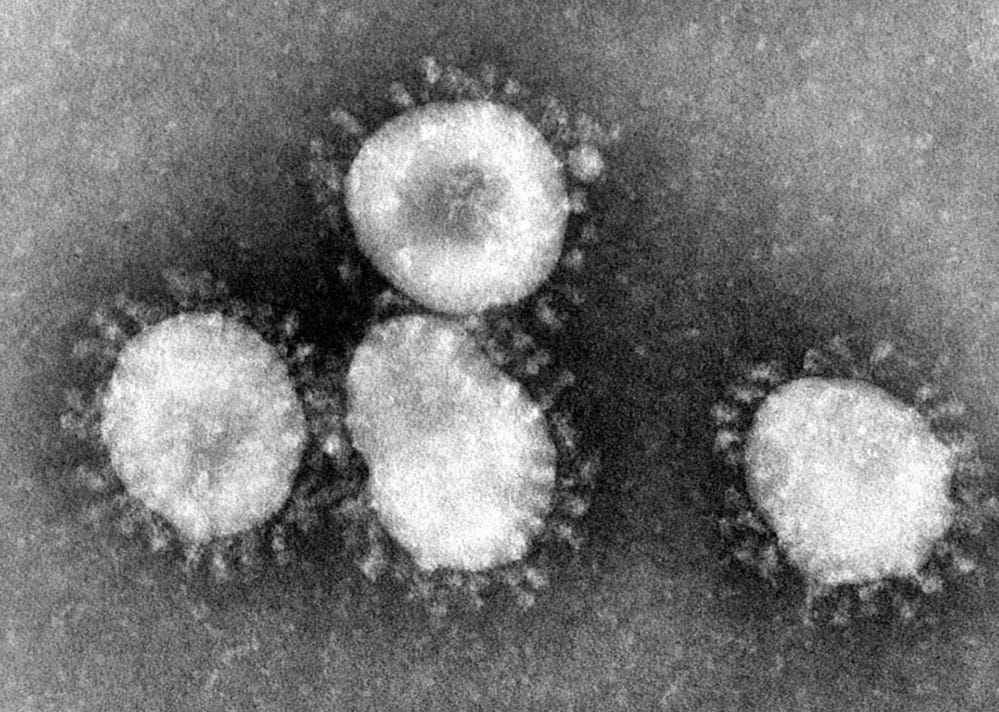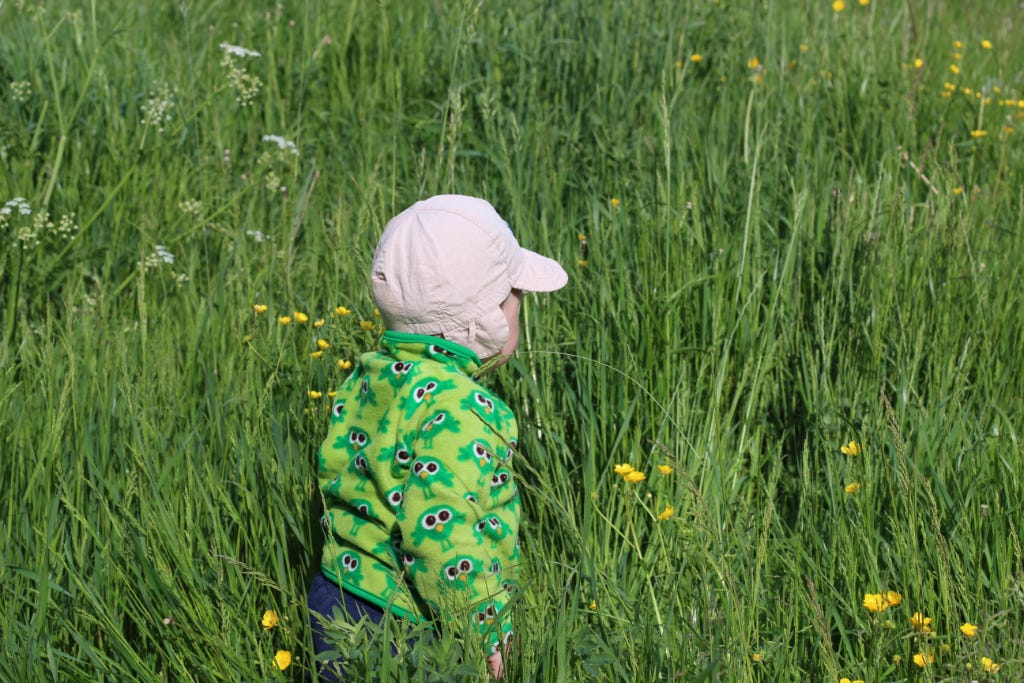For The Lives We Lost
Poetry by Johnson Cheu, Andrew Posner, Terri Kirby Erickson, Stephanie Kendrick, Alice Liang, and J.L. Wall.
Dear Readers,
As a child, I learnt some things were so immense, grasping them fully was impossible. I’d never understand how big the earth really was, or be able to quantify how much love there was in the world. To convey such greatness, I resorted to things I thought could be counted. I love my mom as much as there are grains of sand in the world. It takes 80 million steps to circle the earth.
The past year has forced all of us to grapple with an overwhelming enormity. 2.9 million lives have been lost to COVID worldwide thus far. These are not 2.9 million COVID deaths, but 2.9 million indelible lives that were lived. Yet mourning and grieving has been inhibited by the pandemic that caused it, distorting the processes and rituals we need to resolve grief.
As we mark one year of the pandemic, the Poets Reading the News community stands together in shared grief, acknowledging communities and societies disproportionately burdened with COVID-19. We hope the coming year brings a glimmer of hope in overcoming this pandemic. We also hope our corner on the internet provides some refuge in words, however partial and insufficient, as we attempt to find new rituals to grapple with our sense of loss and the frailty of life.
“Dear god, I ask there always be a world held up on the backs of all,” writes Terri Drake, “who loved it a nearly weightless sky, levity against gravity & graves with names etched against extinction.”
Find that work below, along with stirring work by Johnson Cheu, Andrew Posner, Terri Kirby Erickson, Stephanie Kendrick, Alice Liang, and J.L. Wall.
In poetry,
Nikki Ikani
Curatorial Editor
Poets Reading The News
Vantage Point
By Johnson Cheu
The fortune teller knows everyone wants
a forecast of smoothness, a map of flat terrain,
a life rounded as an unblemished egg. Cliché:
The best way to go is in your sleep. Few get that.
What everyone gets is life: peaks, valleys, unexpected
turns, random luck, illness, death. Three murdered
at France’s Notre Dame Basilica, one almost
beheaded, the COVID-19 virus toll spikes,
New Zealand is closing in on legalizing euthanasia.
She did not want to die, the widower writes, but
the choice of life had been taken away. What choice?
To be born? To live? Life had not been taken away,
merely turned: painful, unjust, random. What
had been taken away was comfort, a life of wellness.
Who am I to judge the pain of a dying woman?
Call me indignant, but the deck is not stacked against you
in deciding whether you’ll get a ventilator if infected with the virus.
Doctors’ needles, scalpels, saws were not pointed at you
in pogroms to cure the disabled. That is not your history,
you, who move through this world boundless, who live life able-bodied,
who have not faced others’ pronouncements: you’d be better off dead,
if I were you, I’d just kill myself. Now, some have won
that choice. Fair enough. I offer only a map.
The question: from what vantage point will you view it?
Funeral Procession
By Andrew Posner
“Billionaires have added about $1 trillion to their total net worth since the pandemic began.” – The Washington Post
On a drizzly morning walk I stopped to let a hearse go by,
its pitch-black paint sweating polish, and as I waited
for the procession I thought of who profits from tragedy,
the business of loss, and who profits no matter what,
who, having reserved the choicest funeral plot, knows its value
will rise, even in death, whose children inherit the belief that
the soil is for sale—and if the soil, then why not the air,
why not the sun, why not the universe itself?—who is driven
home from the womb and back to the dirt on leather-wrapped
seats, who leads a leather-wrapped life, who is first to be treated
and first to be vaccinated, who, early to learn of a pandemic,
buys up all the coffins, whose guile makes the markets swoon,
and who understands what love will drive people to do, what they’ll pay
for a final hug, squeeze of the hand, nap inside the deep, deep earth.
Accumulating Erasures
By Terri Drake
Accumulating erasures decelerating pleasures
& now we don’t hold funerals
for our dead don’t hold them
as they die don’t see their bodies stored
in refrigerator trucks in alleys behind hospitals
sheltered as we shelter in place sans human
contact virtual reality the new reality dear god
dear Jane I’m glad you were spared
these apocalyptic days it was enough
your own cells divided rapidly it was enough
you reached a place in life you wanted life
dear god I’ve wanted much & asked
little & now I want little all
I’ve loved is scattered disappeared
molecules of nitrogen & hydrogen unremembered
sentences unrequited words faces behind windows
windows behind curtains
curtains shuttered in the heavy room & what
is there room for now you are missing
& unaccounted for unbalanced ledger gone off
the ledge
dear god I ask there always
be a world held up on the backs of all
who loved it a nearly weightless sky
levity against gravity & graves
with names etched against extinction
dear god take pity on my angel
weeping for her body she only knows
how to dance with feet and sing with lungs
death being nothing
she was trained for took the train
straight to the epicenter the heart
of the heart of the matter
matter being distinct from mind &
spirit matter occupying space
possessing resting mass distinct from energy
which is your realm dear god & for which
I have no energy to contemplate
Geminids
for Camille Thomas
We sat outside as the clocks ticked toward midnight
and darkness pressed down upon our grieving world
with soft palms. Which of these stars—I wondered—
are my mother, father, brother, and all the rest who
are gone, never to return. And then, a flock of wild
geese flew above our heads. We heard the beating
of their wings, their persistent honking—yet could
not see their feathered bodies hurtling over roofs
and steeples, the bare branches of a poplar. But we
saw meteors, one after the other, appear and vanish—
witnessed their silent falling. All day long, I listened
to Dance of the Blessed Spirits played by a cellist
to empty rooms. I want to hear it play again when
I am dying. May departing souls, traveling through
space like comets, remember how it felt to be alive—
how even birds, flying in the dark, cry out with joy.
The Vaccine
Nurses, like nuns, bless it as soon as it was carried
into South Dakota, covered in prayer,
baptized in carbon dioxide.
The chosen one, sent to save us from each other,
born to teach cells how to create,
to remove what is foreign.
We see only eyes of the nurse
in The New York Times, tired eyes that hold
visions of last breaths, labored and lonely.
Not everyone is ready for it. Nonbelievers
often loudest, mouths exposed
go viral beyond our screens.
In Boston, heroes in scrubs dance in the street
upon the arrival, hands to the sky, their joy
drowns any noise not music.
For some, it comes too late.
Morgues still fill up quicker
than it can seep through muscle tissue.
Just like any other savior, available to the fortunate
and the rich. Just like any other savior,
more questions than answers.
Transmission
By Alice Liang
In my old city, the streets are confused. The birds wait
to be scared. In the silence, the borders grow
another border. A train starts to brown. A baby is born.
Overseas, we do the helpless accounting of new cases
confirmed. Scanning for names of lost lovers
and brothers beloved, praying to our different gods.
In Chinatown, we swim among the families of fish,
imported, flown, the sea and the sky, the same,
acrid among the wash of the teeming streets.
Overnight, cities close in, flights stop midair. The moon
goes dark. The new year holds its breath. The truth
mutates. We cut the strings between us.
But this is a ghost war. We are dying
living apart from each other. In my new city,
feet fly away from our Chinese faces,
Their masks the shape of fear, calling us wild,
calling us unclean, calling us unholy.
Mama, I am in a virus called America
And I don’t want to keep counting. I want to eat
at every grandmother’s empty wooden table
and teach every last child how to sing.
How does a virus sense another warm body?
Is it the feral taste of home, or the gentle waste
of memory, blooming in the defenseless distance?
In the old hospital, the counts only keep counting.
Every sneeze is someone praying: I miss you,
I miss you, calls the diasporic disease.
Purim Shpil
By J.L. Wall
Abigail, not long ago, a scientist
touched the carcass of a baby mammoth.
It had been preserved thirty-thousand years
in Siberian ice. Perspective vanished.
“I laid my hands on its skin and felt a chill.
I had touched the Stone Age—had, like Robert
Lowell, breathed history through the lucent gills
beneath my fingerprints.” My daughter,
your hands grasp with more purpose each day.
By night, you tear at your eyes while sight’s skin drifts.
What terrors could you dream at five weeks to claw,
like Oedipus wrecked, for freedom’s eclipse?
Our games have grown to prayers, I’ll confess. Pleas:
“Soft elephant is soft. Soft elephant
is soft.” Let this be all the knowledge you need
for now. Whatever else its skein may represent,
never mind. At this Purim’s vernal thaw
flightless, camphor-billed crows roost on our lawn.
Don’t reach for them, for history’s iron lungs,
its viruses cresting, crowned above Shushan.










